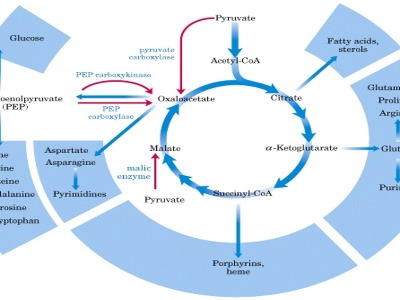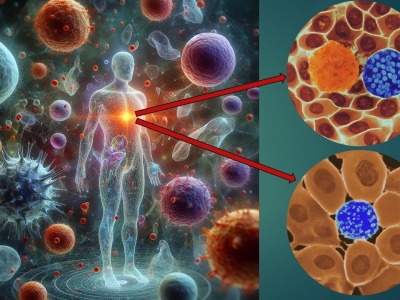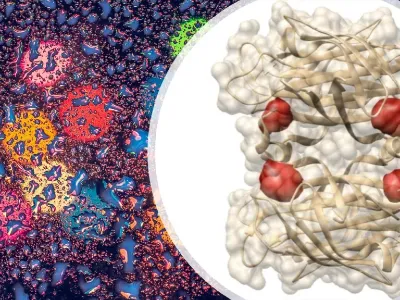Metabolomics: Tools used in metabolomics

Metabolomics is a rapidly growing field that involves the comprehensive analysis of small molecules present in biological samples such as blood, urine, and tissues. It provides valuable information on the metabolic state of an organism and can be used to study the effects of drugs, environmental factors, and diseases on metabolism. In order to perform metabolomics experiments, several tools and technologies are used.
1. Chromatography: Chromatography is a technique used to separate and identify individual compounds in a sample. Gas chromatography (GC) and liquid chromatography (LC) are the most commonly used methods in metabolomics. GC separates volatile and semi-volatile compounds, while LC separates non-volatile compounds.
2. Mass Spectrometry: Mass spectrometry (MS) is a powerful technique that can detect and identify individual compounds in a sample based on their mass-to-charge ratio. It can also provide information on the chemical structure of a compound. MS is often coupled with chromatography to provide additional separation and identification capabilities.
3. Nuclear Magnetic Resonance: Nuclear magnetic resonance (NMR) is a technique that uses the magnetic properties of certain atomic nuclei to determine the chemical structure of a compound. It can also provide information on the concentration and dynamics of metabolites in a sample.
4. Bioinformatics: Bioinformatics is a field that involves the use of computational tools to analyze and interpret large datasets generated in metabolomics experiments. It includes techniques such as data preprocessing, statistical analysis, and pathway analysis.
Metabolite databases: Metabolite databases contain information on the chemical structures and properties of metabolites. They can be used to identify metabolites detected in metabolomics experiments and to compare them with other metabolites in the database.
Overall, the tools and technologies used in metabolomics are constantly evolving, leading to more accurate and comprehensive analysis of small molecules in biological samples. As a result, metabolomics is becoming increasingly important in fields such as medicine, agriculture, and environmental science.



